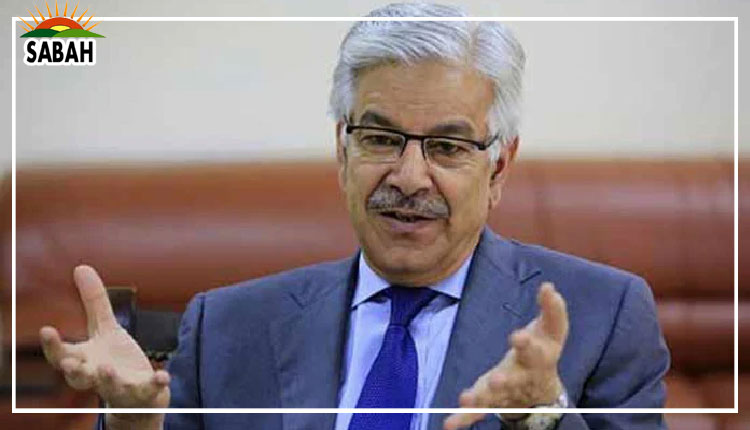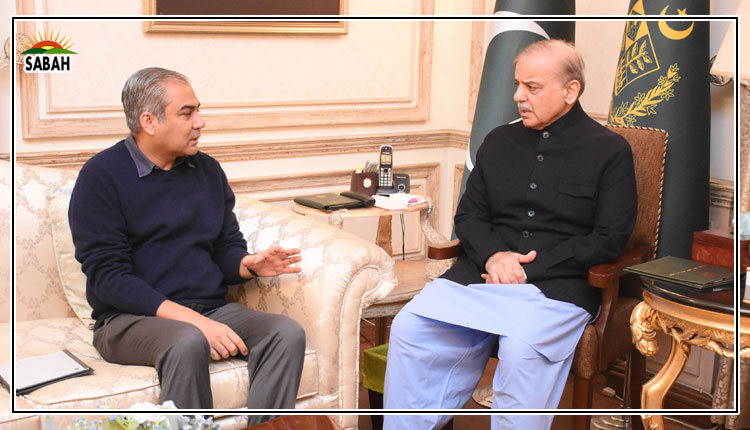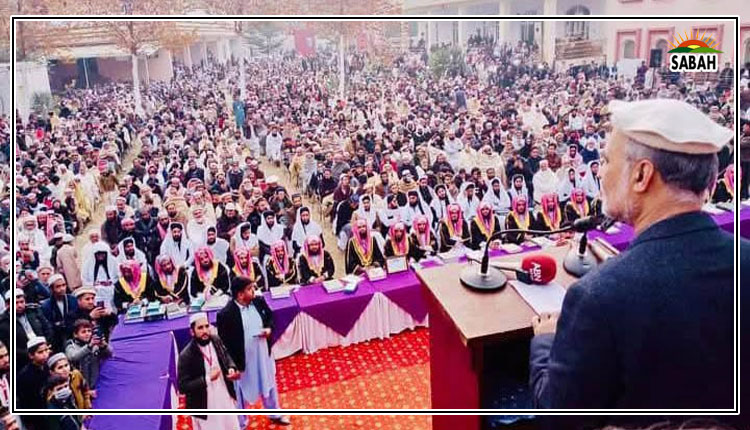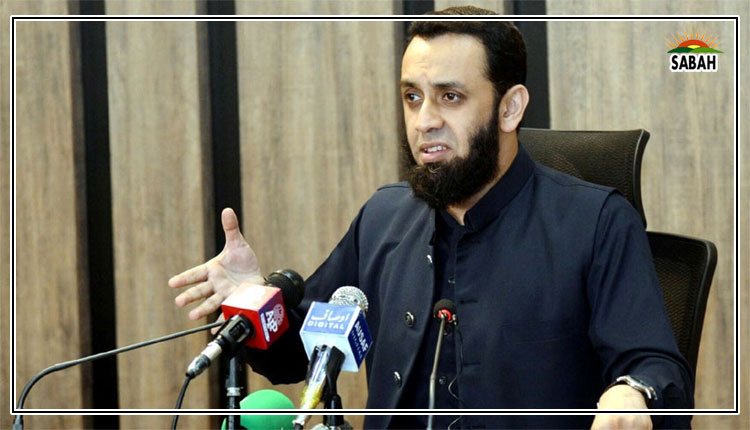Tackling Trump…By Dr Naveed Elahi
Donald Trump is due to return to office, and Pakistan must quickly and carefully strategise on how to address his anticipated approach.
During his last tenure, Trump’s unpredictable and often confrontational statements about Pakistan reflected a complex and inconsistent relationship. His approach included blunt criticisms, occasional conciliatory gestures, and intermittent praise.
An analysis of his public statements and impulsive tweets – characteristic of his deal-making style via social media – reveals a volatile tone towards Pakistan. Trump’s critiques primarily focused on allegations that Pakistan “took US money” while allegedly failing to counter terrorism effectively. Statements such as “They do nothing for us” and accusations of “lies and deceit” highlight his transactional view of alliances. These comments also included accusations that Pakistan harboured terrorists and neglected to aid the US in the fight against Al Qaeda.
In contrast, he occasionally praised Pakistan, once referring to Pakistanis as “fantastic people” and recognising Pakistan as a “valued partner” in interviews. This erratic approach aligns with former National Security Advisor John Bolton’s portrayal of Trump’s character: a leader with “no consistent principles, only moods, grudges, and an obsession with his image”. Pakistan, therefore, should prepare for the possible impact of Trump’s capricious approach if he returns to power.
Despite this inconsistency, Trump occasionally acknowledged Pakistan’s role in regional security. One example was his appreciation of Pakistani forces when they successfully rescued a US-Canadian family held hostage in Afghanistan, a symbolic gesture that resonated with American priorities.
This suggests that demonstrating a visible commitment to anti-terrorism efforts and highlighting successes in areas that align with US interests could help foster positive relations with Trump’s administration. Additionally, this may offer an opportunity for Pakistan to emphasise the cross-border threats posed by Tehreek-e-Taliban Pakistan (TTP) based in Afghanistan, which presents a significant risk not only to Pakistan but to regional and American interests as well.
Pakistan must also brace itself for Trump’s strong alliance with India, which he emphasised frequently during his previous term, describing the US-India relationship as potentially among the “best friends” alliances. His favourable stance toward India was further demonstrated by his statements about mediating between India and Pakistan, alongside his warm remarks towards the Republican Hindu Coalition.
This pro-India stance could deepen under a second Trump administration, which would necessitate a proactive approach from Pakistan to balance relations. Utilising platforms and forums where Pakistan can underscore its contributions to regional stability and counterterrorism efforts could help mitigate any overt biases toward India.
Trump’s likely return to office also signals a revival of his aggressive stance towards China, which he perceives as the primary global rival, especially in trade and technology sectors like artificial intelligence. Trump is likely to rekindle his defining first-term strategy of a trade war with China, which may indirectly impact Pakistan. While Pakistan’s Foreign Office has stated that Trump’s return would not affect Pakistan’s close ties with China, the risk of indirect pressure to decelerate the China-Pakistan Economic Corridor (CPEC) remains. Pakistan, however, cannot afford to compromise on this pivotal project. Instead, it must devise a feasible approach to maintain a balanced relationship with both superpowers.
Another critical strategy for Pakistan is to actively engage with key figures likely to assume prominent roles in a new Trump administration. By cultivating strong ties with these individuals, Pakistan could potentially mitigate any adversarial inclinations Trump’s administration may have.
In tandem with these efforts, Pakistan must consistently engage with other American stakeholders, including Congress, the State Department, and influential think tanks, to reinforce its position as a strategic ally. Such engagement would provide a balanced narrative should Trump’s rhetoric turn adversarial.
The aftermath of the US withdrawal from Afghanistan continues to impact Pakistan, as sophisticated weapons left behind by US forces have ended up in the hands of the Afghan Taliban and terrorist groups such as TTP, ISIS-K, and Al Qaeda. These groups have inflicted heavy losses on Pakistan, both in civilian and military terms, posing a threat to regional and global security. By emphasising these security concerns and focusing on collaborative counterterrorism efforts, Pakistan can advocate for greater cooperation with the US to address mutual threats.
While maintaining necessary diplomatic ties with India, Pakistan can position itself as a stabilising force in the region, particularly if US-India relations encounter any obstacles. Pakistan is already bolstering its relations with other major powers, including China and Russia, which could serve as essential counterbalances in the event of a shift in US policy.
Finally, to enhance its public image in the US, Pakistan should invest in outreach initiatives through the Pakistani diaspora, business leaders, and NGOs. By fostering a positive public perception, Pakistan can work to counteract potential anti-Pakistan rhetoric. Building these partnerships could play a crucial role in shaping US perspectives on Pakistan and positioning the country as a valuable partner in addressing shared challenges.
Courtesy












